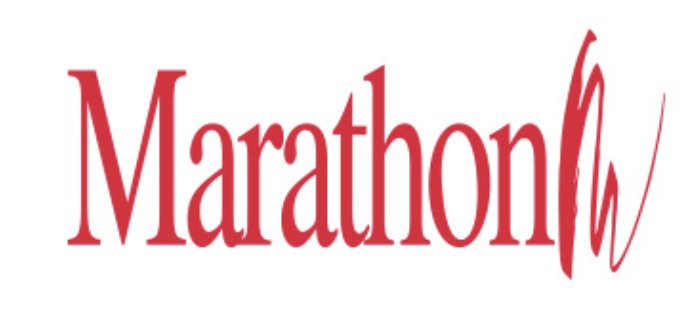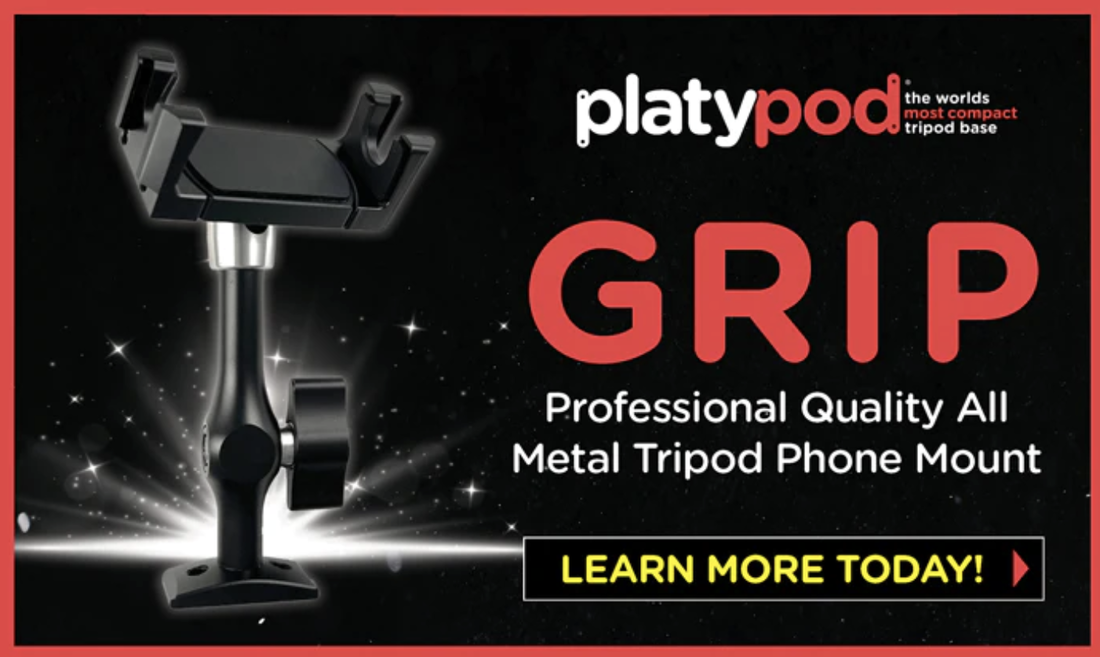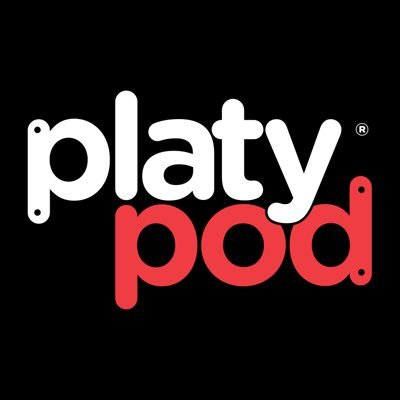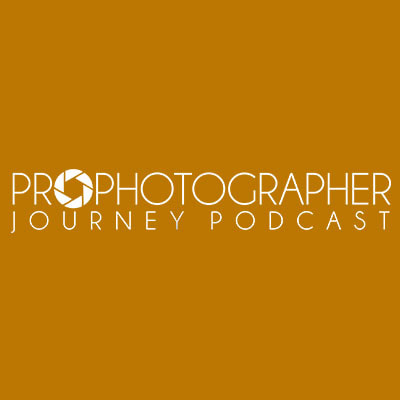|
by Skip Cohen A month ago, I celebrated a significant career milestone anniversary, and my buddy Don Komarechka had me on his podcast, Inside the Lens, which is part of Photo Geek Weekly. The topic? Lessons learned over my career. We only covered a few of those lessons in the podcast, but it's a great topic. If you can learn from my experiences, especially my mistakes, then you can make new ones of your own. Today's topic - my do-it-yourself gene. I used to think it was a guy thing, like never asking for directions, but over the years, I've discovered it's not exclusive to any gender. For me, it's always been about pride in doing something myself and not wanting to bother somebody by asking for help. Here are a couple of examples:
And that brings me right to my point - When you need help, ask for it! I'm older, wiser and have realized if I don't know how to do something, I either need to learn the right way or contact somebody who knows what they're doing. It's not so much that wisdom comes with age, but my value on time has changed. I don't have time to work on something that's going to take me hours to do when I'm part of a network and industry where we all help each other. When I hit the wall in regards to a skill I'm missing, I take a look at my network of friends and associates before I invest hours I don't have trying to figure something out. Time is our most valuable commodity, and there's never enough of it. So, the next time you're about to jump into something because your pride's in the way of asking for help, step back, and consider your options. Don't be afraid to ask for help. Don't be afraid to lean on a friend because down the road; they're going to need help on something that's in your wheelhouse. "Never ask for help!" No Succesful Person Ever From Matt McWilliams Over the years, I've learned to ask for help when I need it. However, as I wrote in the last "Lessons Learned,"
at a time when so many of my friends are slowing down or retiring, I love this business too much to give anything up. The busier I am, the more I love it. The more I realize how much there still is to learn outside my comfort zone, and the more energy I seem to have to explore and navigate a new path. My DIY gene is still active, but more cautious and focused on learning something new rather than just jumping and hoping the net will appear!
0 Comments
by Skip Cohen On February 6, I shared a post celebrating my 50th anniversary in this industry. On that same day, my good buddy, Don Komarechka, had me as a guest on his podcast, Inside the Lens, which is part of Photo Geek Weekly. Don planted the seed for this new SCU series, based on things I learned along this wild, crazy and incredible journey. This is the second chapter in what I hope will help you learn from my mistakes so that you can make new ones of your own! "Don't tell people the new house is yours until you've passed papers and have a signed contract!" Ralph Cohen If you've followed a little of the backstory of how I stumbled into the photographic industry, then you know it all started with washing bottles in a lab at Polaroid. It was a job; it was the 70's and one of the major magazines that June had a picture of a college grad in cap and gown pumping gas. Unemployment was high but at least I had a job. About two years into what would grow to 17 1/2 years at Polaroid, I started looking at their internal job-posting system. They had a program for sharing open positions in the company, always trying to hire from within. Everything I knew about research and chemistry was being learned on the job, and I knew there was no long-term future for me. In my division, a job came open on the posting board. It was an S.I.T. (Supervisor In Training) in the Microscopy lab, and since I saw myself as a people-person, it seemed perfect for me. I interviewed with the hiring manager, and after two to three weeks following the normal timing for filing an open slot, she told me I was their leading candidate. My life at Polaroid was about to change. I remember my folks were visiting from Ohio and excited about the change in my career. I headed off to work for that last day before taking a few days off to spend time with them, ready to enjoy the accolades with the new job. Oops! On the last day before I was told the announcement was going to be made, a technician within the Microscopy lab raised his hand. He had more seniority than me; he was already in the department, and in all honesty, he was more qualified. The announcement came out, and it was about "Jack," not "Skip." It took me by complete surprise, and I was crushed. I remember getting home for what was to be my celebration dinner with my folks about my first big promotion. I had tears in my eyes, and that quote above was word for word my Dad's advice at the time. And there's the lesson learned... There's that old expression about loose lips sink ships. As your career grows in this industry, there are going to be a lot of milestone moments to share. Hold back on sharing with other people or celebrating until it's in your hand. Don't speculate about how something is going to go until it's actually happened. And if you need to share news about something with somebody and can't keep quiet, this is where the most inner circle of your network comes in with your spouse, partner, or best friend. I know how hard it is to keep a secret - but treat good news and bad under the "Cone of Silence" until you know for sure it's a reality. That seems to bring out one more lesson - use your network. Besides some incredible friends over the years, my Dad was always my best buddy. He knew nothing about photography, but everything about business. Over the years there would be hundreds of times I'd confide in him. In fact, he may have passed away four years ago, but I still find myself thinking about what he might do in various situations. "My father gave me the greatest gift anyone could give another person: He believed in me." Jim Valvano Thanks Dad!
by Skip Cohen
On February 6, I celebrated fifty years in imaging. My good buddy Don Komarechka wanted to have me on his podcast, Inside the Lens, which is part of Photo Geek Weekly. The topic? Lessons learned over my career. As things go, especially in this industry, one thing led to another, and Don planted the seed for a new SCU series, simply called "Lessons Learned." But let's the stage first. As I've written before: At a time when so many of my friends have slowed down, I love this business too much to give anything up. The busier I am, the more I love it. The more I realize how much there still is to learn outside my comfort zone, the more energy I seem to have to explore and navigate a new path. My intent with this new series is to share another chapter from my past each week...whether it was good or bad. I'm hoping you can learn from my mistakes so you can make new ones of your own! In 1970 my career in imaging kicked off with the need to find a job. Landing a job at Polaroid and coming into photography was purely an accident. I had no idea what I wanted to be when I grew up, and most of my friends today know that I still don't. And that brings me to one of my earliest lessons learned - the importance of finding mentors. I joined Polaroid because I needed a job and at $2.89/hour it was more than I'd ever made before. However, I completely underestimated the importance of stepping outside my comfort zone. One of the selling points of the company was their internal bidding system. Open jobs in the company were most often staffed from inside, giving all of us the opportunity to apply to other open positions. In my second year at Polaroid I put my name in for 63 different jobs, and was turned down due to lack of seniority. All of them were outside R&D where I just didn't want to be. I almost failed Chemistry in high school, so to be involved in chemistry on this level scared me to death. But here's the first lesson - no matter what our goals, we all need a mentor. For me, on the chemistry/engineering side of life it was Edgar Gutoff, a PhD Chemist who took me under his wings; taught me to use a slide rule, expand the parameters on his formulas, and within two years I actually understood what I was doing. Edgar watched over me, and while I didn't always understand the importance of the results of the experiments, I did understand and respect the process. You couldn't ask for a much better foundation in photography than actually understanding how to make emulsions - literally the light-sensitive coating on a sheet of film. Now take the concept of having a mentor and apply it to anything you do today that's new. The Google definition of "mentor" is an experienced and trusted adviser. Those three key words mean your mentors have more experience than you; have built a relationship of trust and as an adviser are willing to share that experience with you. We ALL need mentors, especially today at a time when every morning technology has moved the goal line. Just when we think we understand a particular process or technique things change. We need those trusted friends in our life to help us with our choices; watch our backs and guide us along the way while still giving us enough room to grow. And that's the perfect point to wrap this up with a comment about my friendship with Don Komarechka. Too often people think mentors need to be older than we are. I've got a lot of years on Don, but I consider him one of my mentors in technology and imaging. He's the mad-scientist of imaging, never accepting anybody telling him something can't be done. So, as a good friend, inspiration, and somebody I'm continually learning from, the word mentor certainly fits. Don Komarechka needs to be on your radar. I pulled together a few of my favorite images of his below. Click on any one of them to connect to the backstory on his website or on SCU. And to so many of you who commented and congratulated me on my fifty-year celebration, thank you. I honestly couldn't have done it without you, your support and guidance all along the way! |
Our Partners"Why?"Check out "Why?" one of the most popular features on the SCU Blog. It's a very simple concept - one image, one artist and one short sound bite. Each artist shares what makes the image one of their most favorite. We're over 100 artists featured since the project started. Click on the link above and you can scroll through all of the episodes to date.
Categories
All
|
© 2019 Skip Cohen University
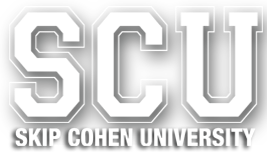
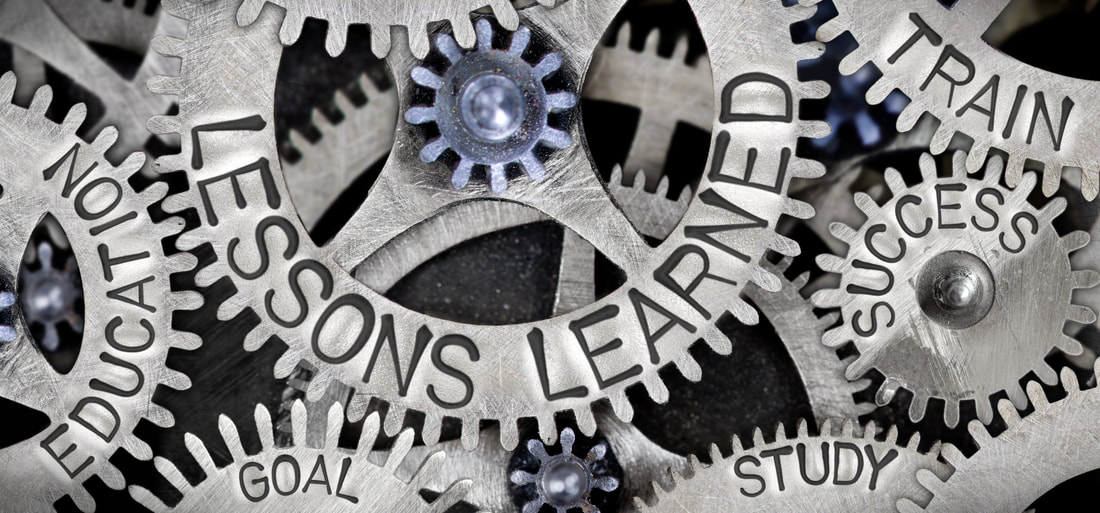
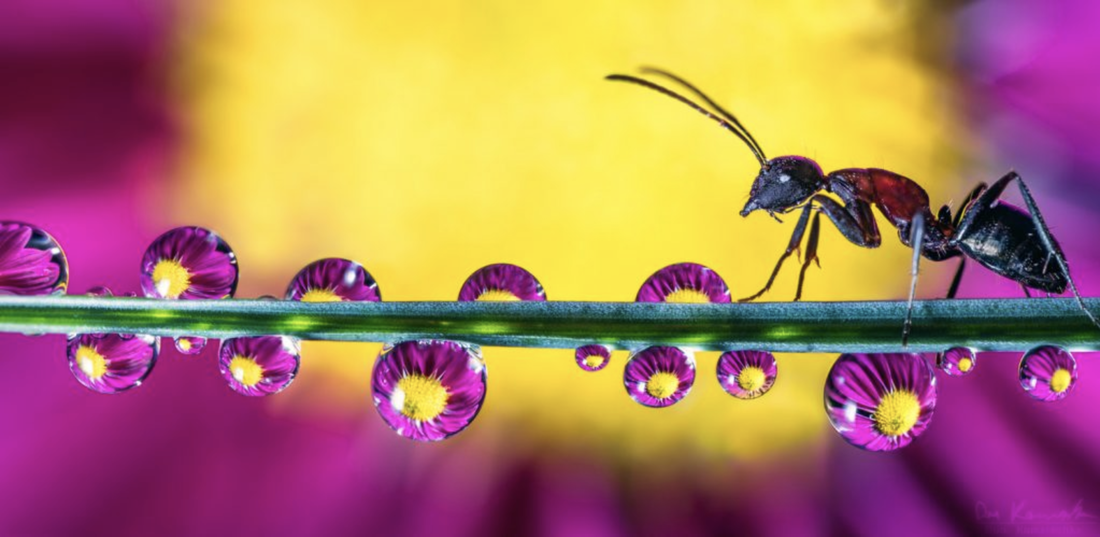
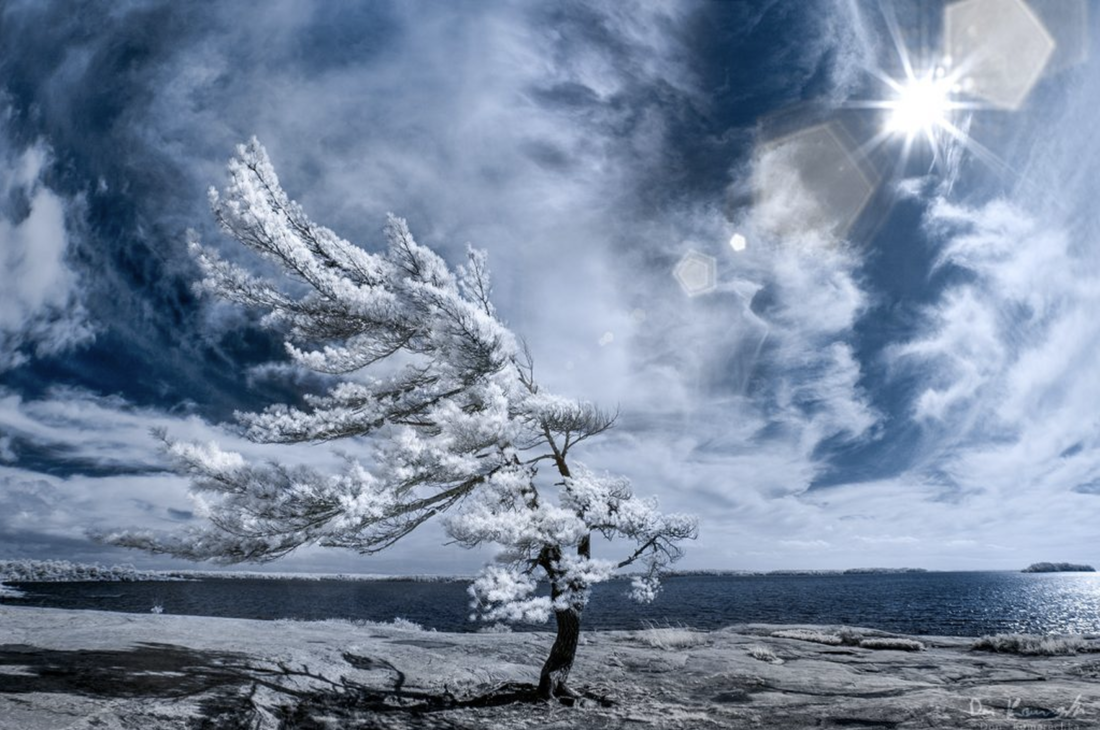

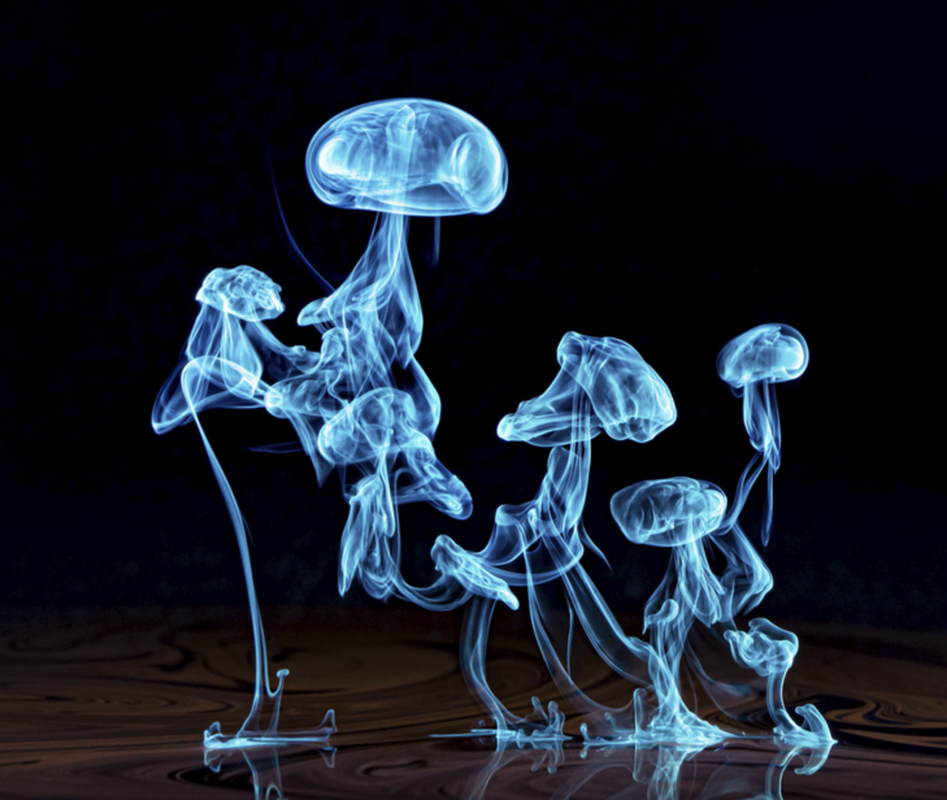

 RSS Feed
RSS Feed

